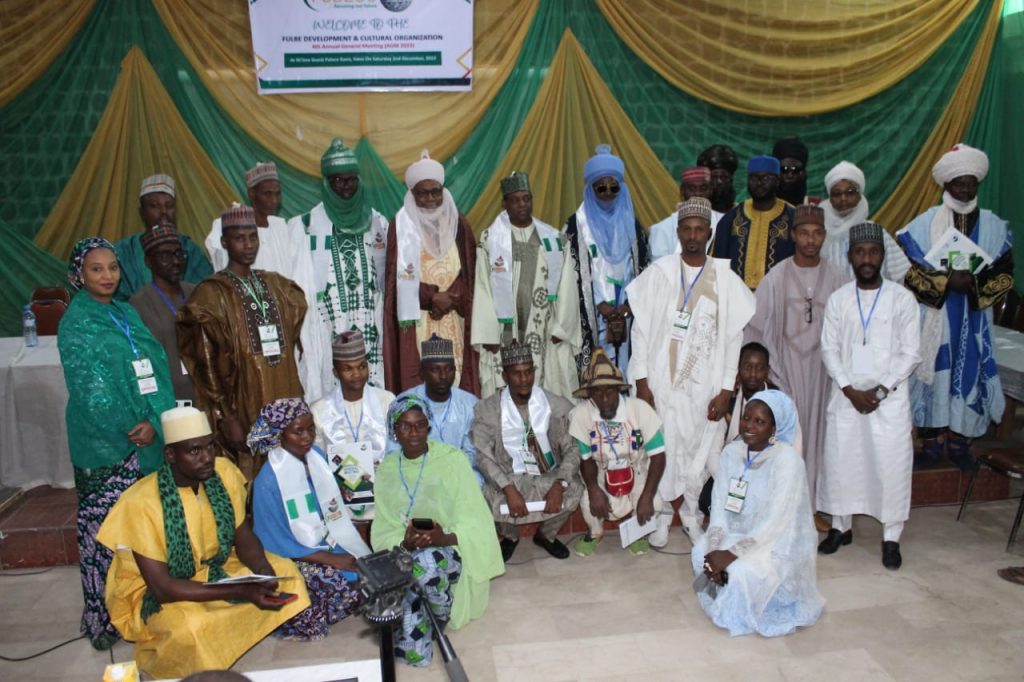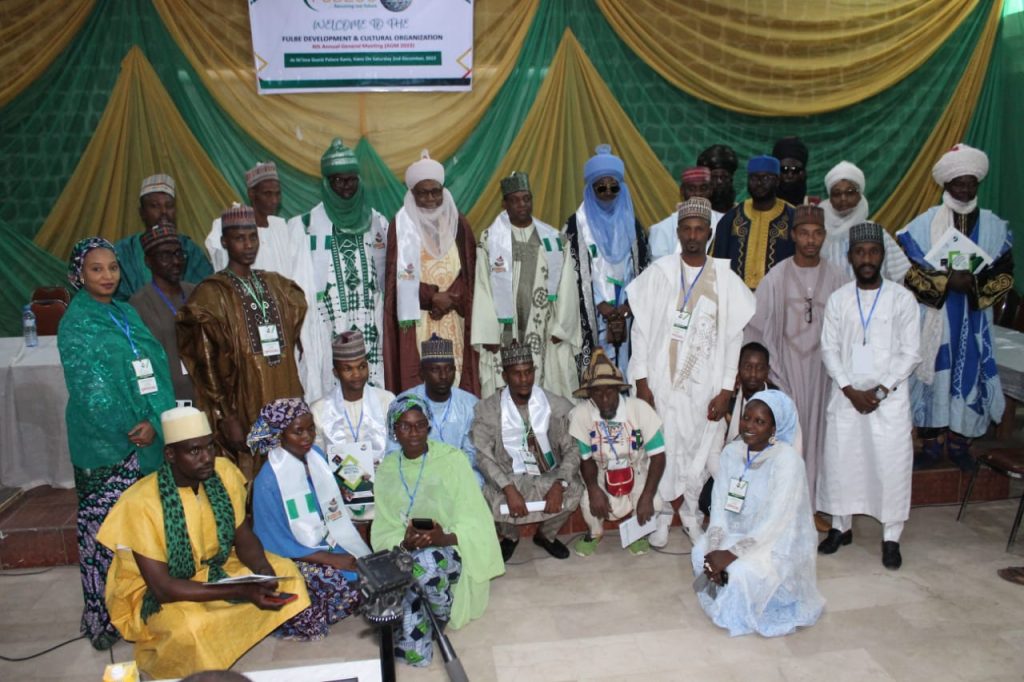
Fulani leaders across the 13 local government areas of Nasarawa state have called on herders to live peacefully with farmers and other residents amid the recurring conflicts between both groups.
The leaders made the appeal on Friday during a stakeholders’ engagement in Lafia, the state capital, organized by the Fulbe Development and Cultural Organization (FUDECO).
The event was tagged: “Consolidating the Outcomes of the IDRC-SPARC GES Research Findings on the Economic Empowerment of Pastoralist Women in Nasarawa State.”
Muhammad Habib Hussaini, FUDECO state chairman, who spoke on behalf of the Fulani leaders, expressed concern over the persistent clashes and appealed to governments at all levels to focus on peacebuilding in rural areas.
Hussaini said reviving nomadic schools is critical to addressing ignorance, which he described as a key factor fuelling the crisis.
“We are calling on the government at all levels to revive and re-open nomadic schools because we see it as a solution to the clashes between herders and farmers,” he said.
“Most of the problems happening in our pastoralist communities can be traced to ignorance, so promoting nomadic education is very important.”
“We want children of pastoralists to be educated and enlightened. This will enable them to understand the dangers of engaging in any form of crisis in society.”
Hussaini also highlighted FUDECO’s empowerment of over 250 pastoralist women across Nasarawa, who were trained in vocational skills and supported with start-up capital.
He said the initiative was supported by the International Development Research Centre (IDRC), Supporting Pastoralism and Agriculture in Recurrent and Protracted Crises (SPARC), and funded by UKAID.
“Your funding has enabled us to empower over 250 pastoralist women across the 13 local government areas of Nasarawa state through vocational skills training,” he said.
“This project aims to promote the economic empowerment of pastoralist women, and our research has evaluated its impact, identified challenges, and made recommendations for policymakers.”
He said the project also prioritized gender equality, social inclusion, and women’s empowerment.
Hussaini expressed hope that the engagement would inspire broader collaboration among Fulani stakeholders to address the challenges facing pastoralist communities, including insecurity, exclusion, resource conflict, livestock diseases, and poor access to social services.
Usman Ibrahim, a senior lecturer in the Department of Sociology at the Federal University of Lafia and the lead researcher said the training was aimed at promoting financial independence among pastoralist women.
“The reason why the Fulbe Development and Cultural Organization embarked on the training of over 250 pastoralist women, who were selected from across the 13 LGAs of the state, is to enable them to have skills that can help put food on their tables,” he said.
“We observed that over 70 percent of pastoralist women did not receive formal education, so the association felt it was important to help them acquire skills so that they won’t consider crime as an option for their daily survival.”
“We believe that if they have something to do, they will not engage in crime because joblessness is a major reason for insecurity in Nigeria.”
He appealed to the federal and state governments, as well as concerned citizens, to support FUDECO’s efforts to empower more women in pastoralist communities.
Representatives of security agencies, traditional and religious leaders, as well as Fulani women and youth groups, attended the stakeholders’ meeting.
The article was originally published on Politics Nigeria.


